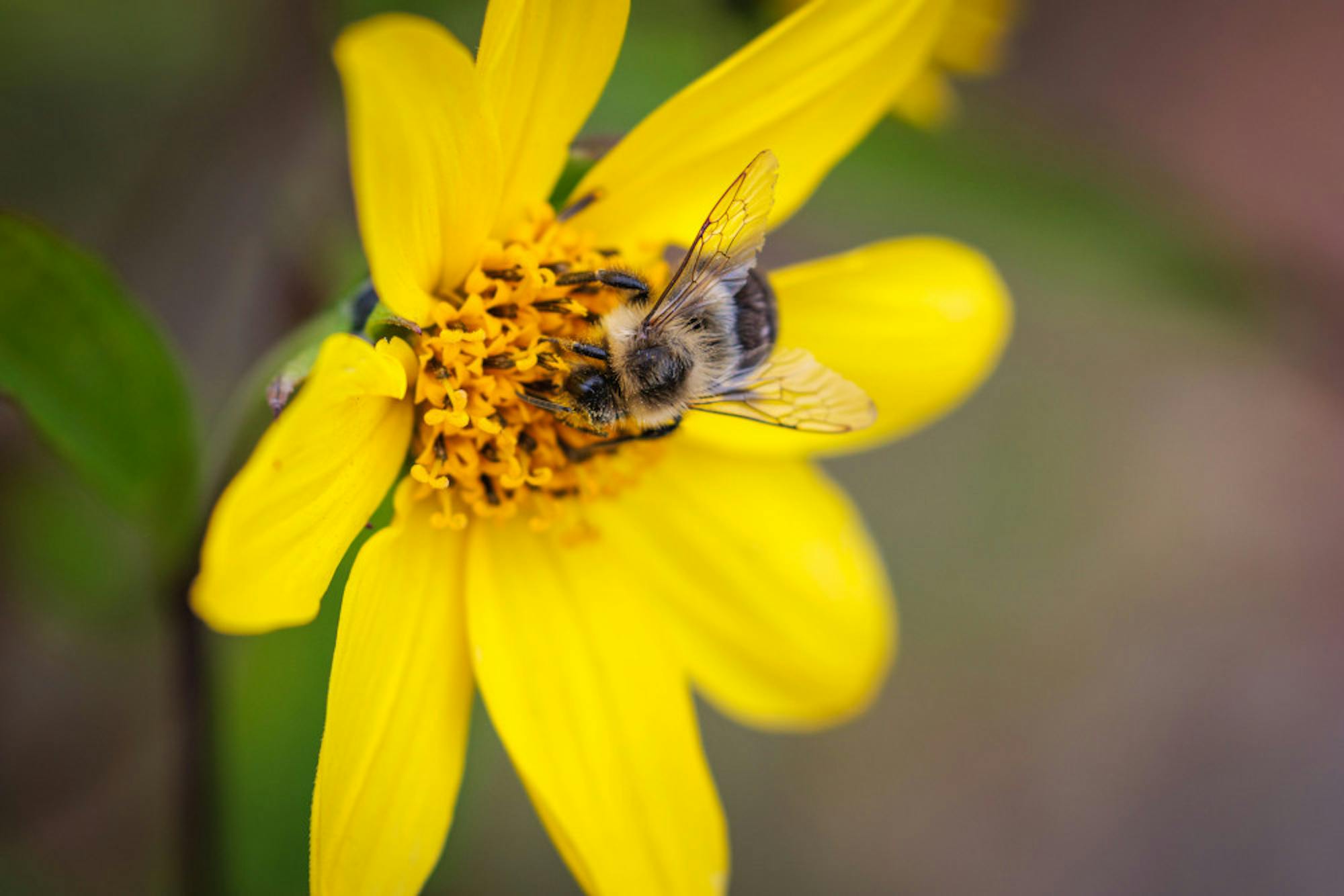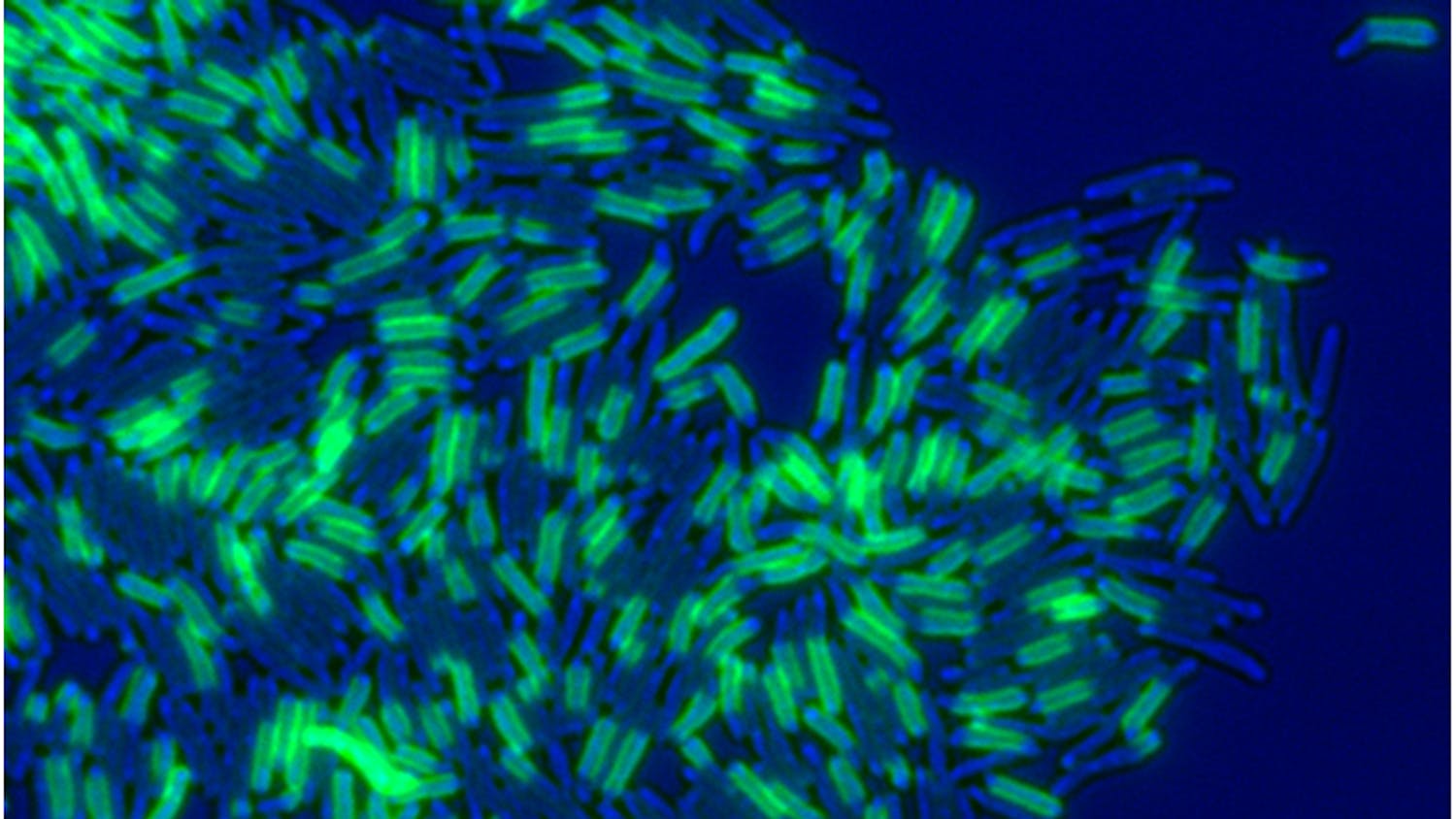For the first time ever, a vaccine has been approved for insects.
Early this January, the U.S. Department of Agriculture offered conditional approval of a unique vaccine. The vaccine, developed by Dalan Animal Health in Atlanta, Ga., is specifically designed for honeybees and will target American foulbrood bacteria.
Bees pollinate one-third of the crops in the United States, but their numbers have long been dwindling. American foulbrood bacteria is one of many culprits, as it can spread easily from colony to colony. Without the vaccine, beekeepers have had to burn all of the hives and equipment that have come into contact with the bacteria in an effort to prevent its spread. The disease, combined with climate change and pesticides, has contributed largely to the decimation of bee populations around the world. Researchers are hopeful that the vaccine can help eliminate at least one of the many natural enemies of the bee population.
Because bees do not have antibodies, scientists believed that bees could not develop immunity. However, a 2015 study revealed that if exposed to a specific protein, bees could transmit an immune response to their descendents. Therefore, in bee colonies, immunity can be spread through the whole hive through just one queen bee.
No shots will be injected into the small insects, however. The honeybee vaccine will be delivered in the form of food: Dead bacterium larvae of the species that causes American foulbrood will be fed to the queen bee through royal jelly, a sugar-based food typically provided to queen bees. The vaccine will then travel to the queen’s ovaries after being digested, causing all of the larvae to hold immunity.
While society is familiar with vaccine protocols for domesticated pets and livestock, this vaccine is unprecedented as it is the first of its kind for nontraditional livestock.
As the vaccine continues to roll out to beekeepers around the United States, it will be exciting to see the increasing immunity of a vital species.






